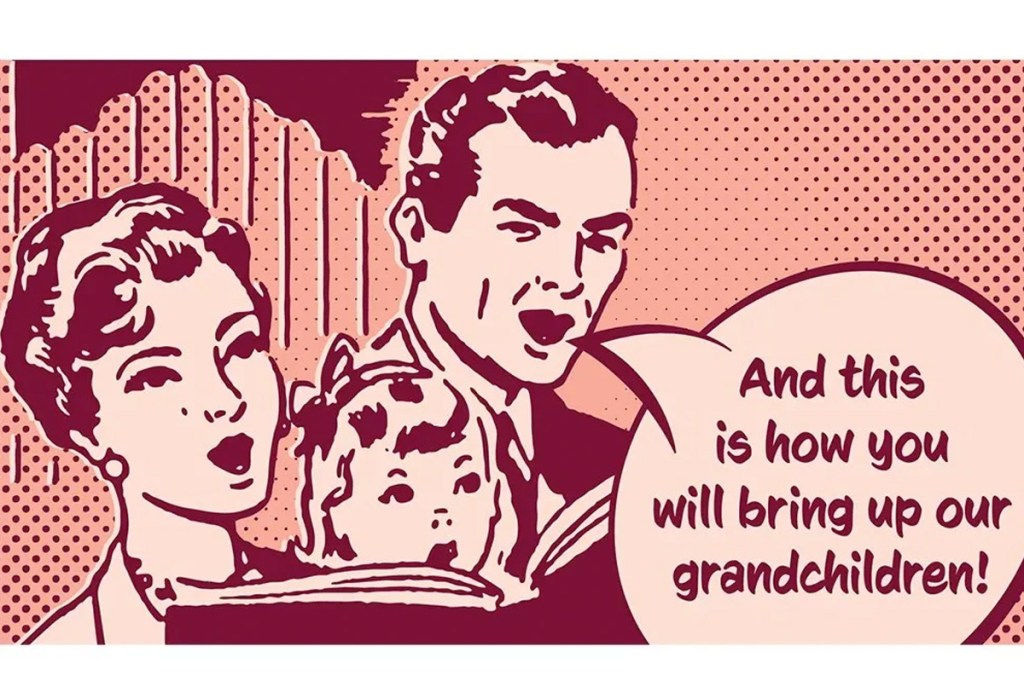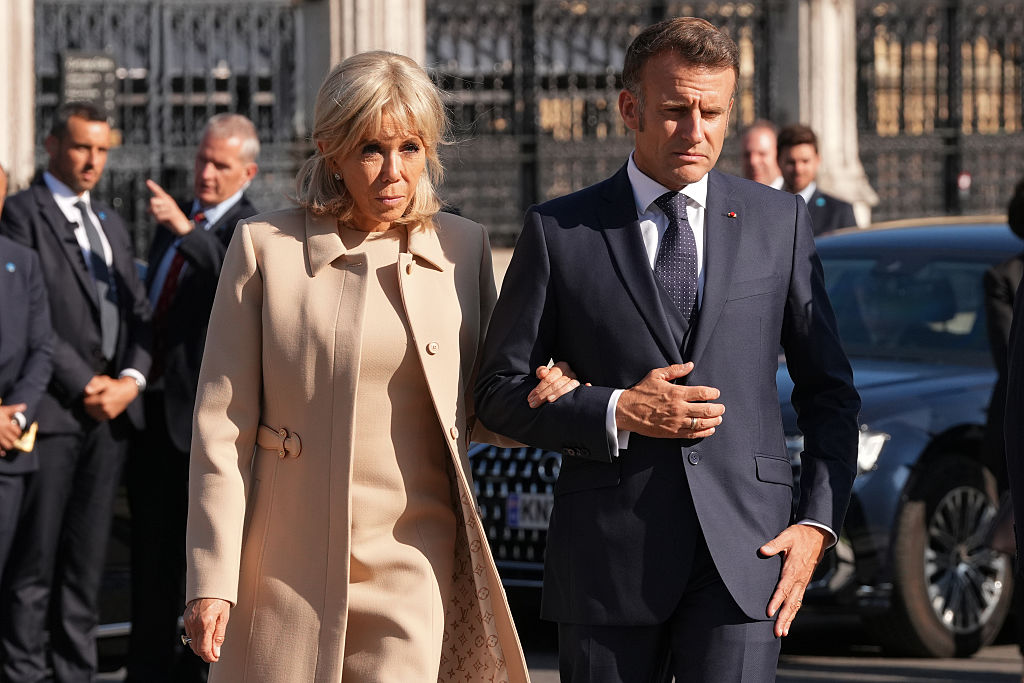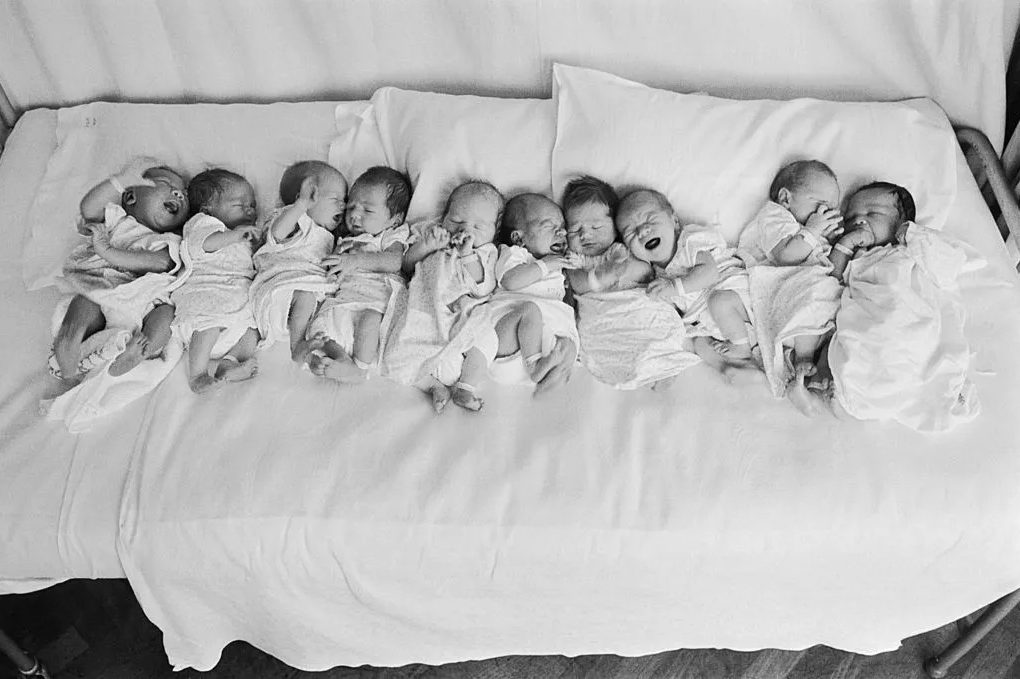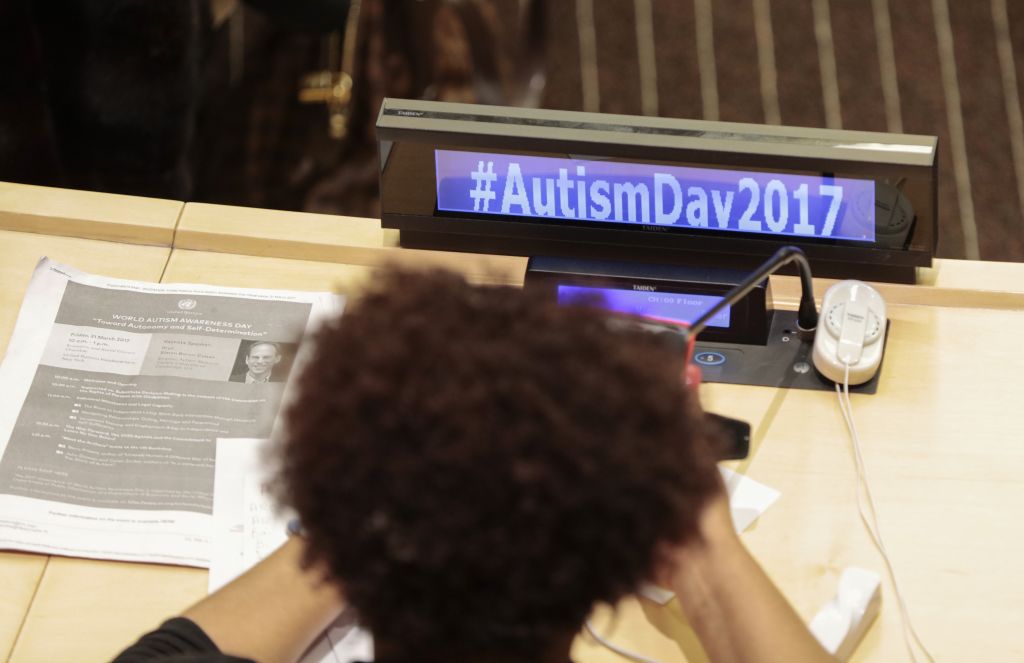Complaining about “toxic parents” has been a viral hit on TikTok with videos on the topic racking up several billion views. Only one of those views is mine and there won’t be another because it was like peering through a window into a cross between a padded cell and a charnel house.
In video after video, boys and girls across the English-speaking world — aged roughly fifteen to twenty-five— share the trauma of what they’ve had to endure, courtesy of their terrible mothers and fathers. Many children suffer at the hands of the people who should protect them, but in this case what the kids find intolerable would, to anyone sane, look like normal, even responsible, parenting.
It is, for example, toxic, painful and shaming for parents to criticize clothes or behavior, the teens agree. One fifteen-year-old films herself traumatized, barely able to speak. Her dad had said her T-shirt was too revealing, it turned out. “I can’t believe it. It’s so inappropriate. I feel unsafe.”
What makes me feel unsafe is when children start to talk like HR professionals.
For older kids, the ones who’ve moved away from home, a toxic parent is one who comes over to their apartment uninvited, or tries to clean the house, or tuts, or gives unwanted tips on how to bring up grandchildren. These are all a “violation of boundaries,” I’ve learnt, and if a parent can’t respect your boundaries, why then it’s only sensible to excise them from your life. And this is where the trend takes a turn towards the dark, where the tide of self-pity becomes a collective decision to cut contact. It’s all framed in such a horribly lighthearted way: time out for toxic parents! Go no contact! You need space to heal! It’s as if giving up your family is like giving up dairy, or a sort of colon cleanse.
“My mum says: ‘You can’t tell me I don’t get to see my grandchild.’ Oh but I can!” Smiley face. Is it really more “toxic” for a grandmother to be a little intrusive than it is to sever her contact with your child?
There are stories of actual abuse on the “toxic parent” forums, but they’re lost in the swirling current of everyday self-pity — and not altogether welcome. Who wants to hear from kids who’ve been assaulted when you’re trying to pretend criticism is abuse?
My generation is often told we take the younger ones too seriously, but this isn’t just playful chat. All the online talk of cutting contact with parents correlates with real statistics. Karl Pillemer, a professor at Cornell University, studies estrangement rates and he says they’re rising across the West. In 2020, he says, some 27 percent of Americans over the age of eighteen were estranged from a family member. “There is a sense among younger people today that if the relationship is aversive, they have the ability to get out of it.”
My sense is that they’re not simply getting out, so much as being pushed. Every child online who makes a tentative complaint about their parents in public is instantly surrounded by a gallery of ghouls pushing them to leave home: “Don’t stick around — you’ll never heal in that environment.” One TikTok teen said: “Aren’t all parents toxic?” Ghoul: “Most parents are toxic tbh and it’s your generation’s job to cut them off. It’s easier than you think to go no contact!” Smiley face.
I found one influencer, Eva, who advises teenagers to find vacation jobs and start saving so that they can flee their families more easily when the time is right. Don’t try to talk anything through with your parents, she cautions. They’ll only try to stop you leaving.
What makes adults want to lurk about online encouraging kids to abandon their families? Is it sadism? Boredom? Satan? On Quora, the question and answer website, I read a conversation between a thirteen-year-old girl and an older, anonymous adult. The girl was worried her mother might be a TERF (a believer in biological sex) and wondered what to do about it.
“I’m worried about you,” said the new friend. “Your mother’s views are toxic.”
“But my mum is the best person I know,” wrote the girl. “I love her. I just don’t love her beliefs.” The friend wasn’t buying this. “These people are well practiced at seeming nice and hiding their true natures. I’m not sure it’s safe for you to be around her.”
These people.
Perhaps the trouble is that the prevailing social currents tug children in the same direction. Individualism has momentum. Once you sweep away collective belonging, family ties start to loosen too — and capitalism loves lonely souls. It can sell them weighted blankets to cry into at night. Then there’s the neo-Marxist cultists who consider it their duty to dissolve biological ties. All those anonymous adults chiseling children away from mothers are soldiers on the progressive battlefield. It’s famously hard to define a cult, but one reliable sign is an absolute determination to ostracize kids from family.
In June’s Cosmopolitan a young journalist, Fortesa Latifi, wrote an investigative piece on the phenomenon of family estrangement. The headline had a perky lifestyle tone: “Why so many young people are cutting off their parents.” Fun!
The piece itself was more thoughtful. Latifi mentions that she is Albanian, the child of immigrants from Kosovo, and that she wouldn’t quite know who she was without her extended family, dysfunctional as they are. “Part of me wonders what my family would look like if we entertained the idea that we don’t have to love each other unconditionally. Another bigger part of me is deeply comforted that we will almost certainly always have one another.”
Hold that thought, Latifi! It’s almost as if she realizes that families don’t have to agree all the time; that love isn’t exactly the same as affirmation.
This article was originally published in The Spectator’s UK magazine. Subscribe to the World edition here.

























